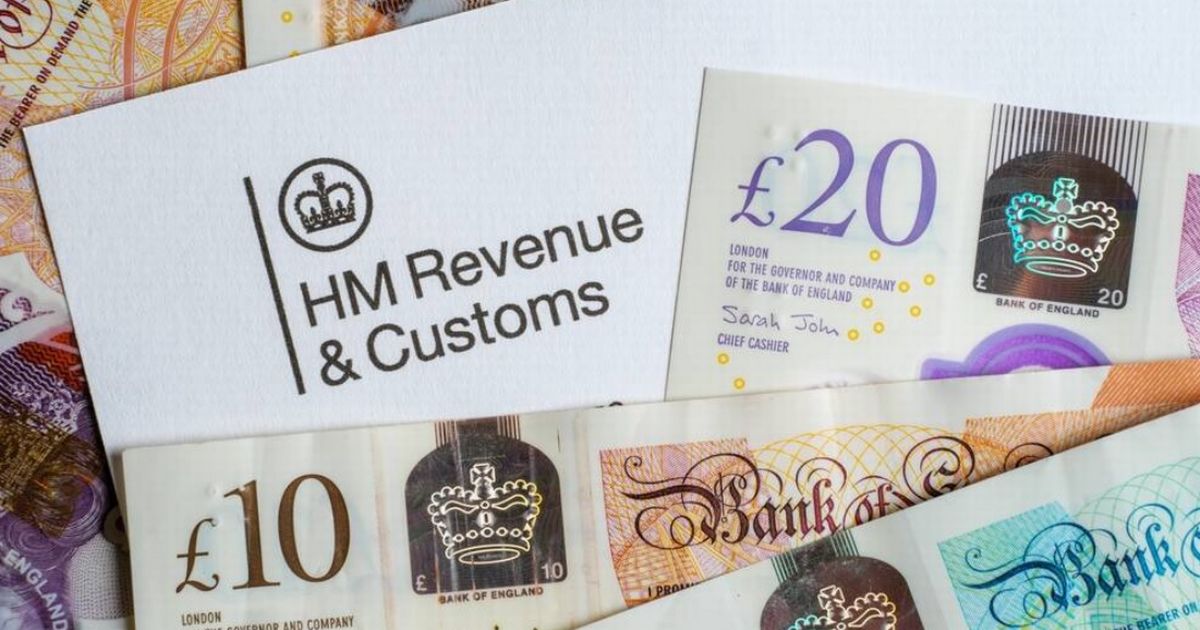LITRG has recommended that the state pension be given its own Pay As You Earn (PAYE) scheme, so that any tax is collected at source by the DWP before state pension payments are made. HMRC told to bring in new PAYE clawback scheme for all state pensioners
HMRC told to bring in new PAYE clawback scheme for all state pensioners
HMRC has been told to bring in its own PAYE scheme for state pensioners. State pensioners, who are born before 1959 owing to current Department for Work and Pensions, or DWP rules, could benefit from a big change.
The Low Incomes Tax Reform Group (LITRG) has called on the Treasury to make it easier for state pensioners to pay any tax they owe.
With an increasing number of pensioners finding out that they owe income tax on their state pension for the first time, LITRG has told the Treasury that there is a ‘pressing need’ to change the way the payments are taxed to make the process easier to understand and manage.
READ MORE State pensioners getting free £150 separate to Winter Fuel Payment this week
LITRG has recommended that the state pension be given its own Pay As You Earn (PAYE) scheme, so that any tax is collected at source by the DWP before state pension payments are made.
Currently, any tax due on a person’s state pension is collected in one of the following three ways: either an adjustment to an existing tax code applied to their other sources of PAYE income, or by requiring the taxpayer to complete a self assessment tax return, or through a year-end tax bill from HMRC called a ‘simple assessment’.
Sarah Weston, LITRG Technical Officer, said: “The continued freezing of the tax-free personal allowance and triple-lock pension increases mean growing numbers of people are facing a tax bill on their state pension for the first time.
“Some people are unaware of this and can end up with a nasty shock if they receive an unexpected tax bill from HMRC after the end of the tax year. For those who are affected, it can be unclear and confusing.
“We think that bringing the state pension into its own separate scheme of PAYE would be a simplification that will make it easier for HMRC to collect the tax it is owed and more straightforward for state pensioners to manage their own tax affairs and understand the rules that apply to them.
“We urge the government to take this opportunity to modernise the way the state pension is taxed and finally bring it within PAYE.”

